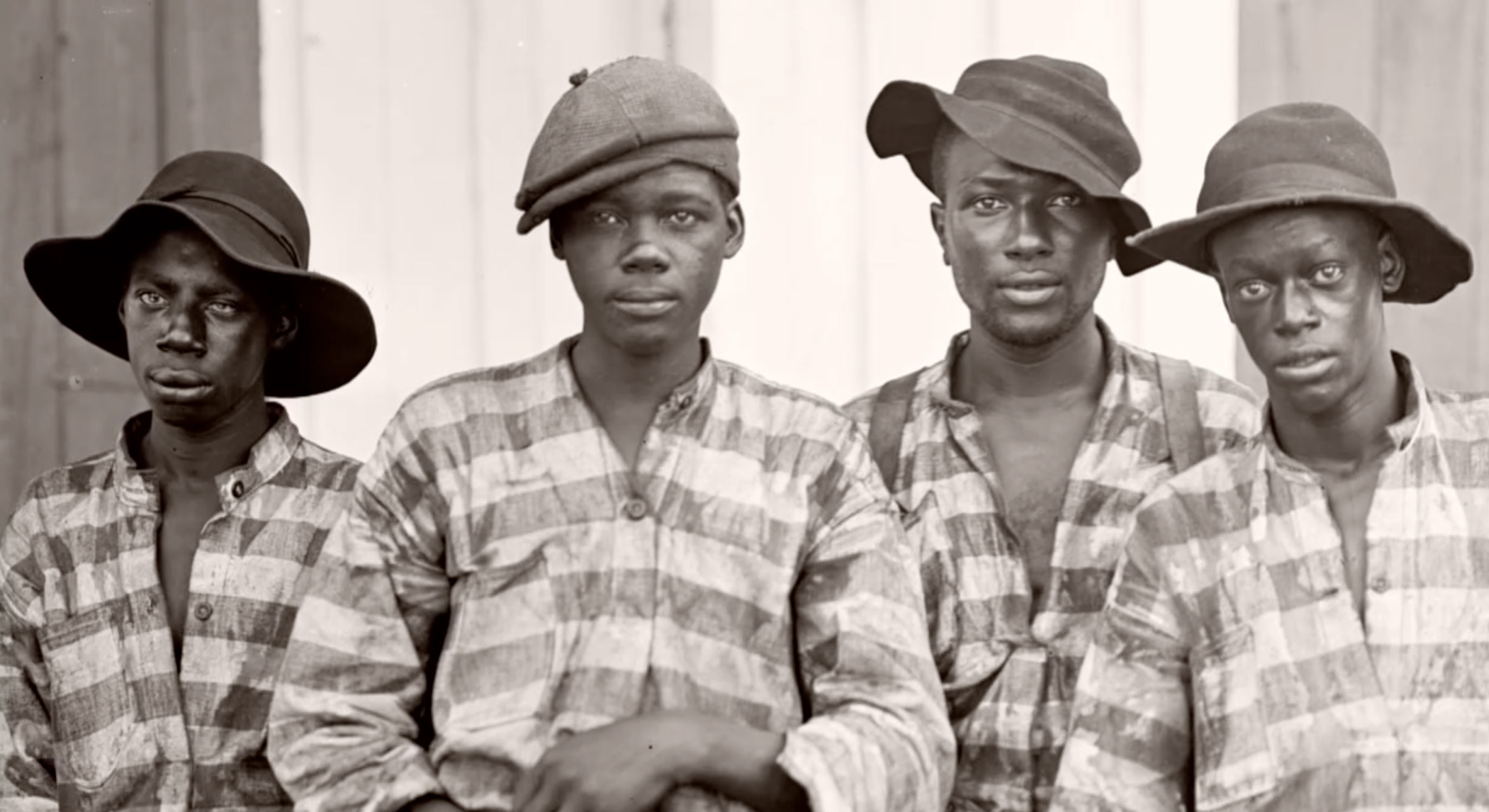‘Slavery by Another Name’

A newly conceptualized series of documentary screenings hosted by the Center for Black Studies Research at UC Santa Barbara kicks off on Nov. 6, with “Slavery by Another Name.”
Based on Douglas Blackmon’s Pulitzer Prize-winning book, the 90-minute film casts a spotlight on forced labor that persisted for decades in the American South after enslaved people were declared free by president Abraham Lincoln’s signing of the Emancipation Proclamation in 1863.
“The film sheds light on a largely overlooked chapter of American history,” said event co-sponsor and moderator Wendy Eley Jackson, a lecturer in the College of Creative Studies and the Department of Film and Media Studies. “It reveals how systems of racial exploitation persisted long after the abolition of slavery, offering insights into the deep-rooted injustices that shaped modern societal structures.”
This history, she added, unpacks the insidious persistence of “institutional racism, criminal justice abuses and economic inequality that continue to influence contemporary issues, such as mass incarceration. By connecting past and present struggles for racial justice, the film creates awareness and productive dialogue that can inspire action and reflection on systemic change.”
The screening is free and begins at 12 p.m. on Nov. 6 at 4603 South Hall. Popcorn and beverages will be provided.
Conceptualized by the center’s director, Sharon Tettegah, a professor in the College of Creative Studies, the documentary series will explore key moments and figures in African American history.
“The idea for this series emerged from reflecting on how many people, particularly those from younger generations, such as Gen Y, Z, and Alpha, are unfamiliar with the rich history, experiences and contributions of African Americans,” Tettagah said. “The goal is to provide students and anyone else interested with an opportunity to learn about this history through a series of impactful documentaries.”
A calendar of screening events can be found at the center’s website.
Source and full article:
The Current